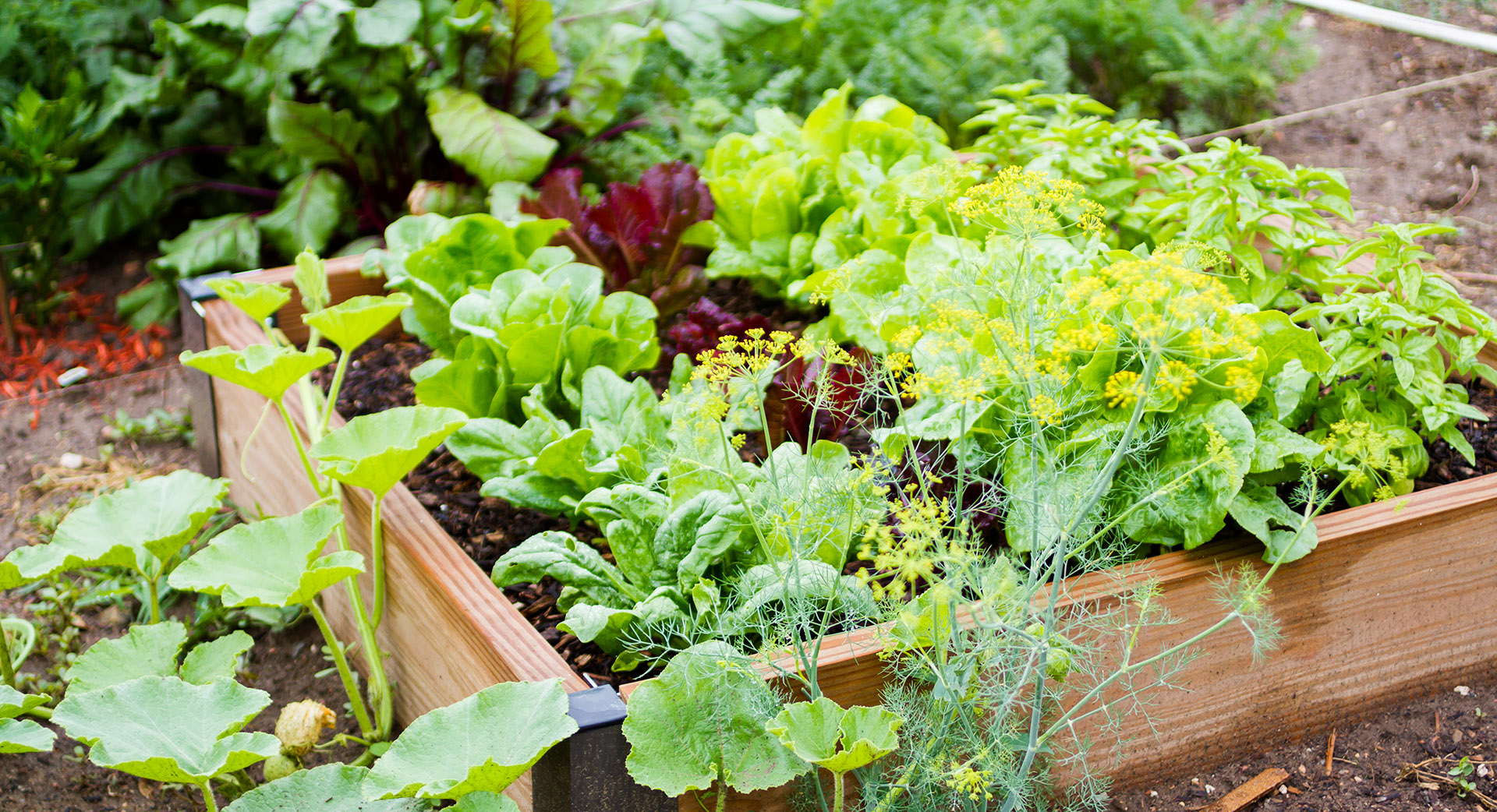
15 Ways You Can Make Your Lawn and Garden Eco-Friendly
YOUR GUIDE TO A BEAUTIFUL AND SUSTAINABLE OUTDOOR SPACE
By Mia Bencivenga
April 7, 2021
Whether you’re a first-time gardener or want to revamp your outdoor space, you can benefit from these sustainable, eco-friendly tips.
They’ll help you cut back on water, pesticides and fertilizers.
1] Water plants only when they need it
Over-watering isn’t just bad for the environment, it can be bad for your plants. Some plants need less frequent watering than others, so if it starts to get confusing, use a calendar or chart to keep track of what plants need a drink.
2] Use mulch in your garden
Mulch is excellent at helping the soil retain moisture, so you don’t have to constantly water your plants.
3] Don’t drench your lawn
Did you know your lawn only needs an inch of rainwater a week? That’s about 20-30 minutes three times a week from your sprinkler. Also, keep an eye out when it rains — mother nature may do all the work for you!
4] Check the positioning of your sprinklers
Is your sprinkler actually watering your lawn, or is it soaking the sidewalk? Next time your sprinklers go off, take a look to ensure they’re in the ideal place.
5] Pick more drought-resistant grass to seed
If you need to reseed your lawn this year, look for organic, drought-resistant grass to plant. It’ll save you time and cut down your water bill.
6] Set up a rain barrel or rain catcher
Forget the garden hose! April showers and June storms can supply your garden with all the water it needs.
7] Consider a moss lawn instead
Tired of mowing? Is your grass from last year in rough shape? Think about planting a moss lawn. Moss needs much less water, fertilizer, and maintenance overall. Just be sure to use moss that’s native to your region.
8] Stick to native plants
It can be tempting to plant something super exotic in your backyard, but generally planting native plants is best for the environment. Plus, they’ll already be accustomed to the environment and more likely to thrive.
9] Shrink the size of your garden using raised beds
The less space your garden takes up, the less water and maintenance required. Square foot gardening is a great technique for people who are short on — or want to conserve — garden space.
10] Use only organic fertilizers
There are many reasons to only use organic fertilizers. For one, they’re better for your plants. They improve water movement and feed beneficial microbes, making the soil easier to work with. Plus, you won’t have to worry about any harmful chemicals ending back up in the water supply where they can cause real harm.
11] Pull weeds instead of using herbicides
You’ll get a workout, and you’ll keep some potentially damaging chemicals away from your garden.
12] Enlist helpful critters to keep your garden pest-free
Got pests gobbling up your garden? Don’t touch those pesticides. Ladybugs and green lacewings will eat the aphids gnawing away on your plants. Encourage them to visit your garden by placing shallow waters and damp clothes for them to rest on. Also, they love pollen-rich plants like angelica, dill, fennel and scented geraniums.
13] Be kind to the pollinators
Avoid pesticides at all costs to protect the butterflies, bees, and moths that inhabit your garden. Also, consider planting pollinator-loving lavender, jasmine, and honeysuckle. If you have grass around your garden, let it grow a little longer so bees have a place to chill out after a busy day.
14] Pair plants together
Companion planting is when two plants are placed together so that they both grow up to be healthier and more productive. Companion plants can exchange nutrients and minerals back and forth—meaning you might need to fertilizer them less.
15] Start a compost pile!
Compost piles are a great place to put clippings and dead plants, leaves, unused fruits and veggies, and so on. You’ll make your own natural, organic fertilizer and add less to the local landfill. It’s a win-win all around!

Leave A Comment